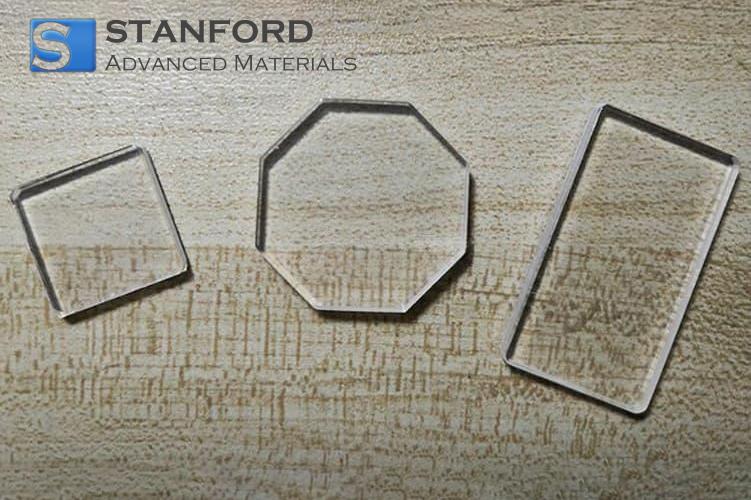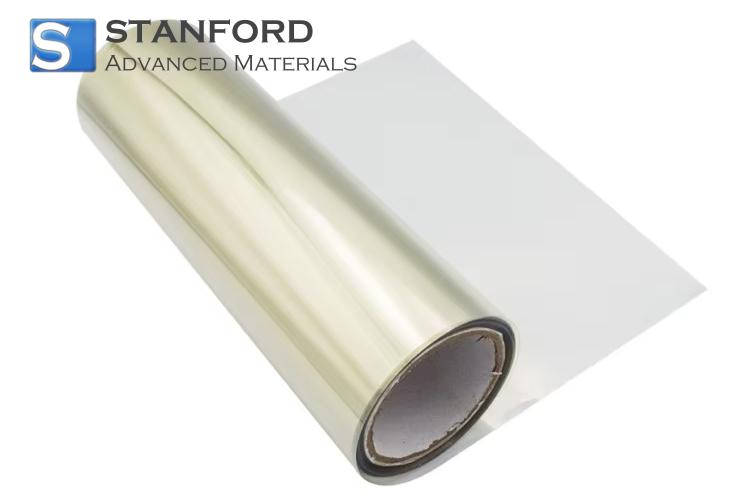Types of Lithium-Based Products
1. Lithium Salts (Li₂CO₃, LiOH, LiCl, Li₃PO₄, etc.)
Lithium salts have widespread uses. They exist in several forms and are used in consumer products.
• Lithium Carbonate (Li₂CO₃):
A common form of lithium salt. It is applied in batteries, ceramics, glass, and certain medicines as well. Lithium carbonate is the precursor for most chemical processes. For instance, it is used in the production of high-performance lithium-ion batteries.
• Lithium Hydroxide (LiOH):
This salt is critical for the use in high-performance lithium-ion batteries. It is used in chemical synthesis in many industries. It is a stable chemical reaction solution if used in pure form, especially where performance and safety are significant factors.
• Lithium Chloride (LiCl):
Used in batteries to help store energy. It is also used in air conditioning devices and as a chemical precursor to other lithium products. Its solubility in water makes it very convenient.
• Lithium Bromide (LiBr):
Mostly used in absorption chillers, which are used in various forms of refrigeration systems. The salt is chosen for its high absorption capacity and reliability in industrial refrigeration systems.
• Lithium Fluoride (LiF):
Valuable in light applications since it spreads light efficiently. It is also used in metallurgy where high melting points are necessary. The transparent structure has good functionality in the case of such applications.
• Lithium Phosphate (Li₃PO₄):
A salt used as a precursor for lithium iron phosphate batteries. The batteries are very famous for safety and longevity. The compound is reliable where energy storage and battery life are required.
• Lithium Silicate (Li₂SiO₃):
Used in glass-ceramic production and coatings, as well as to reinforce concrete, its application to add strength and hardness is appreciated in construction materials and surface coatings.
All of these salts occupy a niche in everyday products that we consume. They are chosen because of their chemically stable nature and use in a variety of applications.
2. Lithium Metals and Alloys
Lithium metal and as an alloy constitute another major category. Such products are utilized in weight saving and high energy demands.
• Lithium Metal:
Pure lithium metal appears in primary batteries and high energy applications. It is greatly valued for its light weight. Its use can be traced in aerospace experiments and designs where a gram has to matter.
• Aluminium-Lithium Alloys:
These alloys are a mix of lithium with aluminium. The result is a lightweight, yet tough material that can be used for aerospace and automotive parts. These alloys are chosen by engineers when weight overall is a key goal.
• Other Lithium Alloys:
Lithium-tin, lithium-lead, or lithium-aluminium alloys exist as well. These are used in specialty batteries and specialised energy systems. Their chemical makeup gives them special performance in some applications.
These metals and alloys are ideal for contemporary technology. They provide benefits such as lighter weight and increased performance in power-intensive applications.
3. Lithium Compounds for Energy Storage (LiCoO₂, Lithium Nickel Manganese Cobalt Oxide, LiFePO₄, etc.)
Energy storage is a field greatly enhanced by lithium compounds. Rechargeable battery systems employ a range of lithium-based materials.
• Lithium Cobalt Oxide (LiCoO₂):
This material is a common cathode for lithium-ion batteries. It is utilised widely in consumer devices such as laptops and mobile phones. It offers a satisfactory amount of energy density and stability.
• Lithium Nickel Manganese Cobalt Oxide
Generally abbreviated as NMC, it's a high-energy cathode material. The material is commonly utilised in electric automobiles and mobile power systems. Its structure consists of a mix of several metals to create a product that stands the test of stress when subjected thereto.
• Lithium Iron Phosphate (LiFePO₄):
This is a stable and rugged cathode material. It is employed in batteries where safety and extended service life are of high priority. The majority of new battery designs use lithium iron phosphate due to its reliable performance.
• Lithium Titanate (Li₄Ti₅O₁₂):
Used predominantly in the anode of fast charging batteries. It has a special crystal structure that allows for rapid charge and discharge cycles. Designers and users appreciate its safety and low thermal stress under operation.
Energy storage is one of the necessities in our technology-driven world. Lithium compounds give extended battery life, fast charging, and overall reliable performance.
4. Specialty Lithium Products
Some lithium products have more specialised applications. These specialty products are applied in specialty environments.
• Lithium Greases and Lubricants:
They are used in situations where there is a high temperature condition. They provide long-lasting lubrication and are greatly valued in mechanical and industrial applications. They maintain machine smoothness even under loads in bulk.
• Lithium Compounds in Pharmaceuticals
Some lithium-containing products are used in medications. They have been used to treat bipolar disorder and other mental illnesses. The purity and quality of the compound are essential in such uses.
• Lithium Glass-Ceramics:
It is a mixture of glass and ceramic materials. It offers robust strength and heat resistance. Applications are in kitchenware and electric appliances requiring a hard, heat-resistant part.
• Recycled or High-Purity Lithium Products
These are crafted for high-end electronics and advanced energy storage devices. The focus is on purity and reliability. With advanced recycling processes, these products are both sustainable and precise.
Speciality products prove that lithium is not just limited to batteries. They extend into mechanical systems, health care, high-temperature equipment, and beyond.
Conclusion
Lithium products occur in great diversity. Salts are used in batteries and construction. Metals and alloys deliver strength with minimal weight. Energy compounds have powered modern electronics. Specialty lithium products meet specialised but critical demands.
Frequently Asked Questions
F: What is the use of lithium salts?
Q: Lithium salts are used in batteries, ceramics, medicines, production of glass, and refrigeration.
F: Why are lithium metals important in aerospace?
Q: Lithium metals are very light and help to lighten weight in aerospace and high-energy applications.
F: What does make lithium compounds so vital for energy storage?
Q: They provide high energy, fast charge, long battery life, and stable performance in electronics.

 Bars
Bars
 Beads & Spheres
Beads & Spheres
 Bolts & Nuts
Bolts & Nuts
 Crucibles
Crucibles
 Discs
Discs
 Fibers & Fabrics
Fibers & Fabrics
 Films
Films
 Flake
Flake
 Foams
Foams
 Foil
Foil
 Granules
Granules
 Honeycombs
Honeycombs
 Ink
Ink
 Laminate
Laminate
 Lumps
Lumps
 Meshes
Meshes
 Metallised Film
Metallised Film
 Plate
Plate
 Powders
Powders
 Rod
Rod
 Sheets
Sheets
 Single Crystals
Single Crystals
 Sputtering Target
Sputtering Target
 Tubes
Tubes
 Washer
Washer
 Wires
Wires
 Converters & Calculators
Converters & Calculators
 Write for Us
Write for Us


 Chin Trento
Chin Trento



